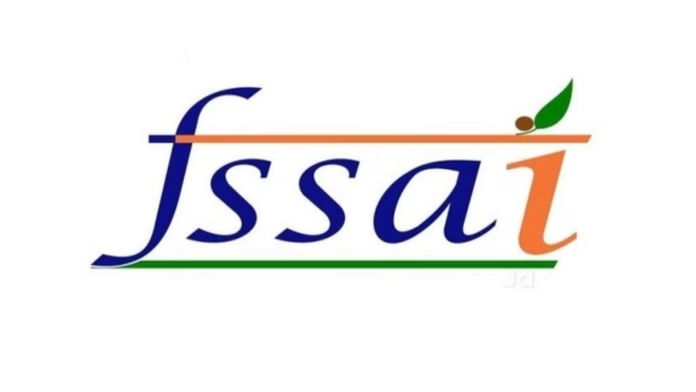The Food Safety and Standards Authority of India (FSSAI) is preparing to issue notices to food businesses for making “misleading” health claims, prompted by an influencer’s retraction of a video featuring Bournvita chocolate drink.
According to sources, the Food Safety and Standards Authority of India’s (FSSAI) advertisement monitoring committee has received 138 cases over the past six months, involving popular brands, for allegedly promoting misleading information that violates the regulatory provisions of the FSS Act, 2006.
Sources stated that the advertisement monitoring committee of the Food Safety and Standards Authority of India (FSSAI) has referred 138 cases of misleading promotions, including those involving prominent brands, to the concerned licensing authorities for issuing notices to the FBOs. The FBOs have been directed to either withdraw the misleading claims or substantiate them scientifically. However, the sources did not disclose any brand name.
The advertisement monitoring committee reviews advertisements and claims made by FBOs on social media, e-commerce platforms, and other platforms on a regular basis.
According to sources, under the Food Safety and Standards (Advertisements and Claims) Regulations 2018, false or misleading advertisements and claims are prohibited and can result in penalties.
Under the Food Safety and Standards (Advertisements and Claims) Regulations, 2018, a FBO must withdraw or amend any deceptive claims made by them. Failure to do so can result in penalties including a fine of up to INR 10 lakh, and suspension or cancellation of license for repeated offences.
“Where a claimed health benefit is attributed directly to the product, it shall be based on statistically significant results from well-designed human intervention studies, conducted by or under guidance of established research institutions, in line with the principles of GCP (Good Clinical Practices) and peer reviewed or published in a peer reviewed reputed scientific journal,” sources said.
Despite regulations aimed at protecting consumers, health experts suggest that misleading advertisements for packaged food products persist. The lack of specificity in regulations that define “misleading advertisements” has allowed the food industry to exploit loopholes.
“Objectivity in the definition of misleading advertisement may also be helpful. If the definition of misleading or deceptive is objective, actions against FBOs could be taken in a quick manner,” said Arun Gupta, Paediatrician and convener of NAPi, an independent think tank on nutrition.
A research paper Gupta co-authored with others highlights the need for vigilant monitoring of advertisements for ultra-processed foods or high-fat, salt and sugar (HFSS) pre-packaged food products that are linked to obesity and non-communicable diseases.
“We recommend more formal studies on the influence and prevalence of misleading advertisements,” said Gupta.
Three weeks ago, an influencer named Revant Himatsingka went viral with a video claiming that advertisements for Bournvita, a brand owned by Mondelez International, misrepresented the product’s nutritional value. However, he deleted the video after receiving a legal notice from the company.
At that time, Mondelez had refuted Himatsingka’s allegations and released a statement stating that their product is created through scientific methods by a team of food scientists and nutritionists.
“All our claims are verified and transparent and all ingredients have regulatory approvals. All the necessary nutritional information is mentioned on the pack for consumers to make informed choices,” it said.





